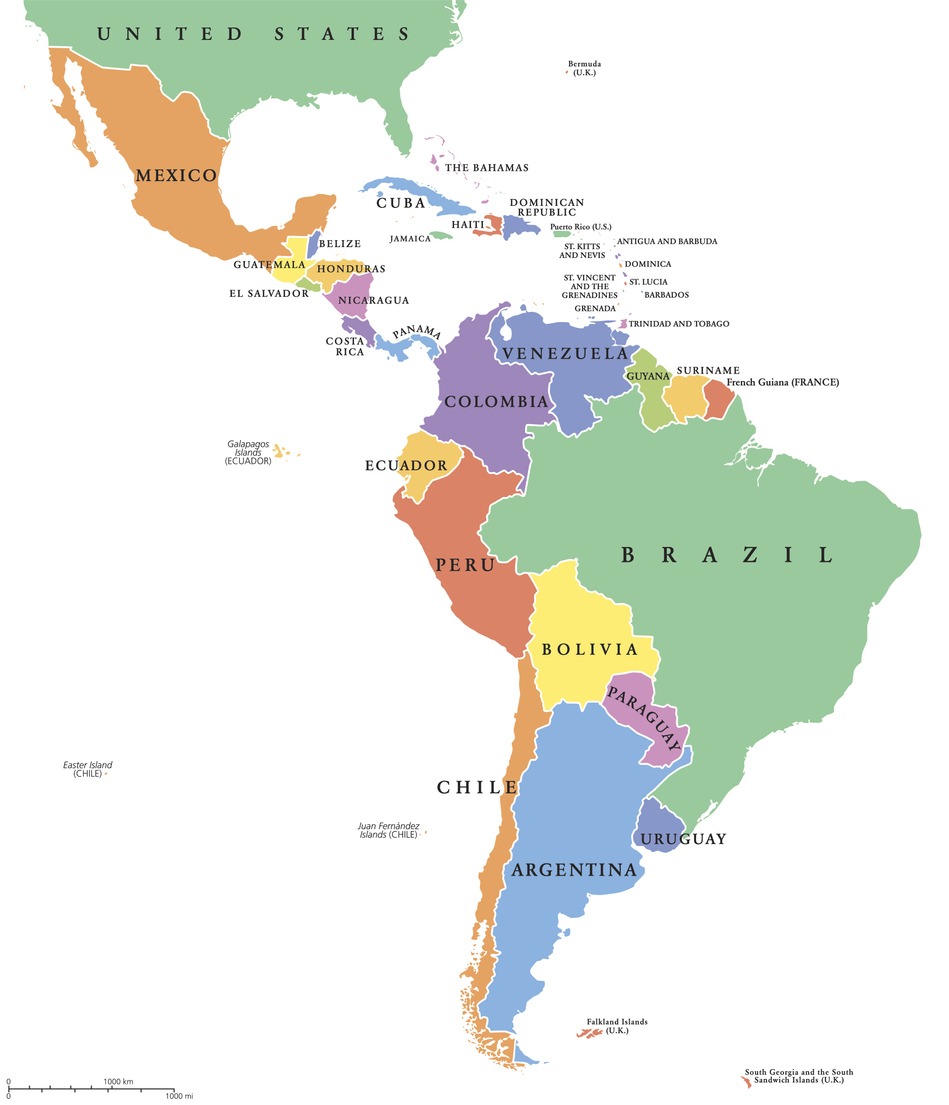The Latin American agrifoodtech ecosystem is maturing. In the last few years, Latin America has had exponential growth in the field of innovation as well as in its potential to provide real solutions for the world’s agrifood industry. So much so that during 2021, ‘venture and technology growth investors poured an estimated $19.5 billion into the region,’ and Latin America was the fastest-growing region in the world for venture funding in 2021,’ according to Crunchbase.
It also has a lot more room to grow. Still, more collaboration is needed to maximize the opportunity ahead, agreed participants in a panel organized by GLOCAL, the Latin American agrifoodtech startup investor and accelerator platform. GLOCAL’s GAME CHANGERS final pitch is taking place next week.
More than 120 people worldwide joined the event and had the opportunity to listen to the talk live between GLOCAL and the panelists.
Collaboration is key
“Current events taking place globally show us that the collaborative economy is a reality more than a phrase to say. We need to come together instead of making repeated individual efforts that could be made in a synergistic manner,” said Bernardo Milesy, founder & managing director at GLOCAL.
Milesy moderated the conversation on sustainability, innovation, and technology applied to the agroindustry. Representatives from the company’s main partners – Bayer, Bunge, Louis Dreyfus Company, NOVA, and Surcos – participated and provided insightful remarks.
Alejandro Girardi, head of agricultural affairs & sustainability for Latin America at Bayer, shared the agribusiness’s view and its areas of focus: “The first one is the digital transformation of agriculture. We want to lead this process. Secondly, innovation runs in our DNA and coming up with new solutions is part of our annual investments. And the third point is sustainability. We believe agriculture can reduce its industrial impact.”
Another fundamental aspect discussed was linked to the idea of ‘joining two worlds’: big companies with an impressive track record on one hand and, on the other, the disruptive potential of startups.
Sebastián Calvo, chief executive officer at Surcos, spoke on behalf of Surcos, a company that provides innovative solutions for the protection and vegetal nutrition of crops and a world leader in nanotechnology formulations, highlighted a central issue: ‘We understand that one cannot do everything all alone and that this interrelation between companies, ideas and projects is really necessary to advance towards a healthier planet, in which we eat better and have access to safer food, abundant for all.“
It is here that we think GLOCAL stands as a bridge between them. The accelerator positions itself not only as the leading fund in the region, but also as an innovation platform. The fund seeks to add value to the ecosystem by means of those investments that arise from its GLOCAL IMPACT FUND, and those connections generated by bringing together companies’ needs and startups’ solutions.
Juan José Blanchard, chief operating officer at Louis Dreyfus Company, added, “We built our relationship with GLOCAL via our Corporate Venture Capital (LDC Innovations). The GLOCAL Game Changers Series allows us to meet startups that offer products, technologies, and innovative solutions that complement our business model and have the potential to make LDC more profitable, efficient, and sustainable.’
How startups should approach big companies
The panelists then spoke about what startups should avoid doing the moment they approach big companies.
Cauê Silva Camargo, digital office & open innovation at Bunge, emphasized the importance of not giving room to the mystery on the part of startups, and advised them to provide a clear demo that shows the value of their products and solutions so as to speed up conversations. He added: “What I consider central is the personality of the project. The startup’s history, the reason why they became entrepreneurs, and why they created the startup. That provides support and validation to their projects.”
Startups will benefit from the structure of big companies and they, in turn, from the innovative potential of startups, thus achieving the so-called ‘win-win’ equation.
Mauro Piva, chief executive officer at NOVA, accurately explained NOVA’s vision. The company operates in the agriculture and livestock market; they commercialize products for crop protection and growth.
“We are already linked to startups, we developed a protein used in a quick covid detection test. We have also developed a fungal protein destined for human feed. We are interested in innovating and nowadays it is quite difficult to generate disruptive knowledge without the help of different actors; that’s why we seek to add willpower and ideas to move together all over the region.”
From GLOCAL, as the region’s pioneers in impact investing, we firmly believe that events like this one are enriching. Being able to work with Bayer, Bunge, Louis Dreyfus Company, NOVA and Surcos lead the way to continue strengthening the ecosystem and contribute to the continuous growth of Latin America across the whole AgriFoodTech supply chain.





